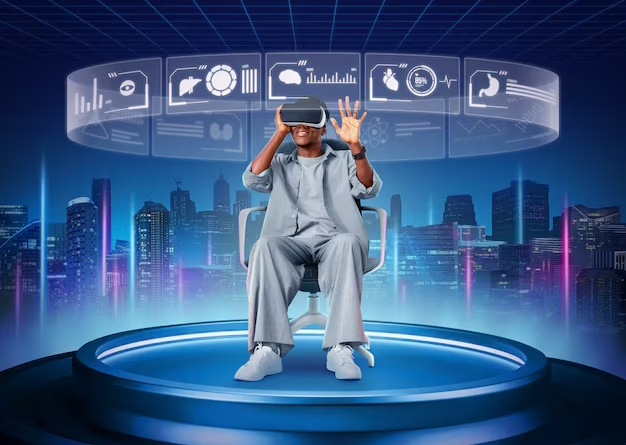How Is Technology Impacting the Modern Workplace?
Technology has radically transformed the modern workplace, influencing how businesses operate, how employees collaborate, and how work is done. From the widespread adoption of cloud computing to the rise of artificial intelligence (AI), technology is changing the way companies and individuals approach work.
1.1. Remote Work and Digital Transformation
One of the most significant impacts of technology on the workplace is the rise of remote work. Advancements in cloud computing, video conferencing tools (like Zoom and Microsoft Teams), and collaboration platforms (such as Slack and Trello) have enabled employees to work from virtually anywhere. Remote work, previously a luxury or niche option, is now a mainstream model for businesses across industries.
Digital transformation tools have enabled companies to operate seamlessly without the constraints of a physical office. This has not only expanded the talent pool, allowing companies to hire employees from around the world, but it also promotes work-life balance and flexibility.
1.2. Automation and Artificial Intelligence
Automation, driven by AI, is another technological advancement that is reshaping the workplace. Routine tasks, such as data entry, scheduling, and customer support, can now be automated through AI-driven tools, freeing up employees to focus on more strategic and creative work.
For example, AI chatbots are now commonly used in customer service to provide quick responses to common queries, while AI-powered data analysis tools can help businesses make more informed decisions by analyzing large sets of data in real-time.
1.3. Collaborative Tools and Communication Platforms
Collaboration tools have made teamwork across distances easier than ever before. Cloud-based platforms allow employees to access shared files and documents in real time, ensuring that all team members are on the same page, regardless of location. Tools like Google Workspace, Microsoft 365, and Dropbox allow employees to create, edit, and store documents in the cloud, making teamwork and information sharing simpler and more efficient.
Additionally, communication platforms like Slack, Zoom, and Microsoft Teams offer instant messaging, video calls, and collaborative workspaces, ensuring that teams stay connected and can collaborate effectively, regardless of time zone or geographical boundaries.
1.4. Cybersecurity and Data Protection
With the rise of remote work and digital transformation comes the increasing importance of cybersecurity. As more sensitive data is stored online and accessed remotely, businesses must prioritize data security and protection from cyber threats. Technologies like encryption, multi-factor authentication (MFA), and virtual private networks (VPNs) are essential in securing business operations and protecting company and customer data.
Cybersecurity must evolve with technology to protect against new and more sophisticated threats, making cybersecurity professionals and solutions a crucial part of any modern organization.
Conclusion
Technology has transformed the modern workplace by making remote work more feasible, automating routine tasks, improving collaboration, and enhancing cybersecurity. As technology continues to advance, the workplace will continue to evolve, becoming more flexible, efficient, and connected.

